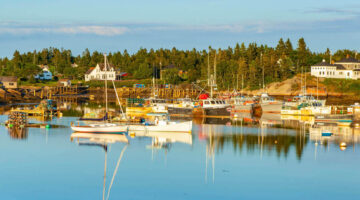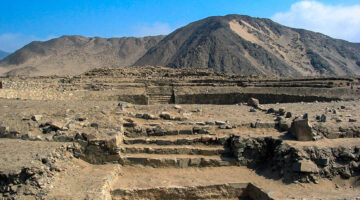Media report on UMaine findings of climatic disequilibrium among flora – B. Seliger, J. Gill, & B. McGill
The Bangor Daily News, Eurekalert and Phys.org picked up a University of Maine news release about a collaborative study which concluded that 447 species of trees and shrubs are growing in less than 50% of their suitable North American ranges. The study, which was published in the Journal of Biogeography, suggests that soils, other plants […]
Read more


